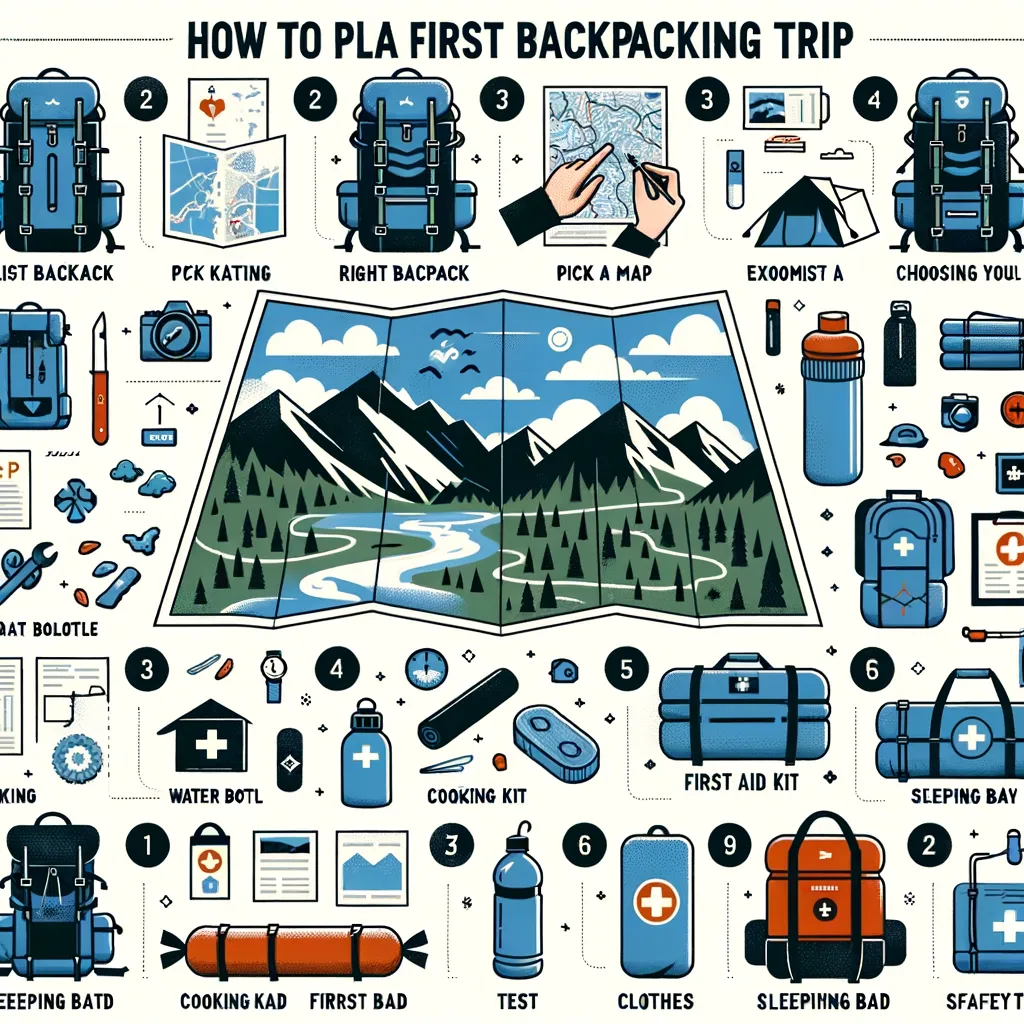Unlocking the Blue: Why Ocean Conservation Matters for Families
Hey wonderful parents out there! Have you ever gazed upon the vastness of the ocean and felt a sense of awe at its magnificence? Our oceans are not just expansive bodies of water but are teeming with life, mysteries, and an intrinsic value that sustains our planet. However, these beautiful waters are under threat, and it’s up to us, including our little ones, to turn the tide. In this joy-filled journey through ocean conservation, we’ll explore why the oceans are so crucial to our Earth and how your family can contribute to their preservation. Ready to dive in? Let’s make a splash together towards a healthier planet!
Understanding the Importance of Our Oceans
The ocean covers over 70% of our planet’s surface and is home to a mind-boggling variety of life. Beyond its breathtaking beauty and biodiversity, the ocean plays a pivotal role in our lives in ways we may not always realize. Here’s why our oceans are indispensable:
- Climate Regulation: Our oceans are the planet’s thermostat, absorbing and distributing heat from the sun, which helps to regulate our climate and weather patterns. This affects everything from agriculture to our very own daily weather.
- Sources of Biodiversity: Oceans are a haven for millions of species, many of which are yet to be discovered. This biodiversity is not solely for admiration but is critical for ecological balance and the health of our planet.
- Economic Resources: Many communities around the world depend on the ocean for their livelihoods, through fishing, tourism, and shipping. The ocean’s bounty supports economies and sustains jobs for millions of people.
- Oxygen Production: Astonishingly, about half of the world’s oxygen is produced by the ocean, specifically by oceanic plankton. Breathing in that fresh air? You have the ocean to thank for it!
With these points in mind, it’s clear that protecting our oceans is not just about the water itself; it’s about safeguarding our climate, our biodiversity, our economy, and even the air we breathe.
Why Ocean Conservation Is a Must
Ocean conservation is crucial for several compelling reasons. Pollution, overfishing, and climate change are wreaking havoc on our oceanic ecosystems. Here’s why we need to act:
- Protecting Marine Life: Countless marine species are threatened by habitat destruction, pollution, and overfishing. Protecting the ocean means giving these creatures a fighting chance to thrive.
- Combating Climate Change: The ocean is a key ally in the fight against climate change, absorbing carbon dioxide and heat. Preserving ocean health is critical in mitigating climate change impacts.
- Ensuring Food Security: Millions of people globally depend on the ocean for their primary source of protein. Sustainable oceans ensure food security for these communities.
- Protecting Coastal Communities: Healthy oceans act as barriers to natural disasters and protect coastal communities from the impact of storms and erosion.
It’s evident that the well-being of our planet and future generations lies in the balance of our efforts towards ocean conservation. But, fear not! There are numerous ways your family can contribute to the health of our oceans, and it starts with understanding, awareness, and taking small, meaningful actions.
As we embark on this adventure together, remember, every little effort counts, and the journey towards ocean conservation is not just rewarding but also a bonding experience for your family. Stay tuned as we dive deeper into practical tips and fun activities that can make a significant impact on the health of our oceans. Let’s inspire our children to be the guardians of our blue planet, for a brighter, bluer tomorrow!
Embarking on this quest is not just about securing a healthier planet but also about fostering a sense of environmental stewardship in the hearts of our young ones. By turning our gaze towards the sea, we take a step closer to understanding its worth and the critical role it plays in our collective story. So, are you ready to join countless other families in making waves
Five Essential Insights for Parents on Ocean Conservation
Hello, amazing parents! Are you ready to embark on an enlightening journey into the heart of ocean conservation with your family? The ocean is a wondrous entity, crucial for sustaining life on our planet. As custodians of the future, it’s paramount that we, together with our children, understand its significance and actively participate in its preservation. Here are five critical insights every parent should know as you prepare for the rewarding journey of ocean conservation advocacy.
1. An Ocean of Life Depends on Our Actions
The ocean is a vibrant tapestry of life, home to incredible species that depend on its health for their survival. From the majestic whales to microscopic plankton, every life form plays a vital role in the marine ecosystem. It’s important to teach our children that our daily actions can impact this delicate balance. Simple habits like reducing plastic use, participating in local beach clean-ups, and supporting sustainable seafood choices contribute to the ocean’s well-being and, by extension, the countless species that call it home.
2. The Ocean: Our Planet’s Life Support System
Our blue planet’s health is intrinsically linked to the condition of its oceans. They regulate the climate, produce oxygen, and absorb carbon dioxide, fighting the battle against climate change. When we protect the ocean, we’re safeguarding the Earth’s life support systems. This pivotal role of the ocean underscores the need for its conservation, offering a compelling lesson for our children about the importance of environmental stewardship.
3. Ocean Conservation Begins at Home
The journey towards ocean conservation doesn’t require us to always be at sea; it starts in our homes and communities. By adopting eco-friendly practices such as minimizing waste, choosing renewable energy sources, and educating our families about environmental conservation, we make a significant ripple towards a healthier ocean. Instilling these values in our children ensures a generation ready to address the environmental challenges ahead.
4. Technology and Innovation: Allies in Ocean Conservation
In our rapidly advancing world, technology and innovation play key roles in preserving marine ecosystems. From using apps that identify sustainable seafood options to participating in citizen science projects that track marine health, there are numerous ways families can engage with ocean conservation in the digital age. Encourage your children’s curiosity about science and technology as tools for positive environmental change.
5. Every Action Counts: The Collective Impact of Individual Efforts
Perhaps the most empowering insight for families is that every action, no matter how small, counts. Whether it’s reducing water use, learning about marine life, or advocating for protected marine areas, the collective efforts of individuals can lead to significant positive impacts on the ocean’s health. It teaches our children the powerful lesson that they have the capability to make a difference in the world.
As we dive deeper into the realm of ocean conservation, let’s remember that our journey is one of discovery, learning, and hope. By sharing these insights with our children, we prepare them not just to inherit the Earth, but to steward it responsibly. Let’s inspire our little ones to be the champions of our blue planet, fostering a brighter future for all life under the sun and waves. Are you ready to join countless other families in making waves towards a healthier, more vibrant ocean for generations to come?
Embarking on this quest with your family heralds a new chapter where every choice and action contributes to a legacy of conservation. This is not just a journey of protecting the ocean but of passing on the torch of environmental responsibility and love for our planet to our children.
All the things Outdoors you should know. Camping Information
Disclaimer
The articles available via our website provide general information only and we strongly urge readers to exercise caution and conduct their own thorough research and fact-checking. The information presented should not be taken as absolute truth, and, to the maximum extent permitted by law, we will not be held liable for any inaccuracies or errors in the content. It is essential for individuals to independently verify and validate the information before making any decisions or taking any actions based on the articles.




